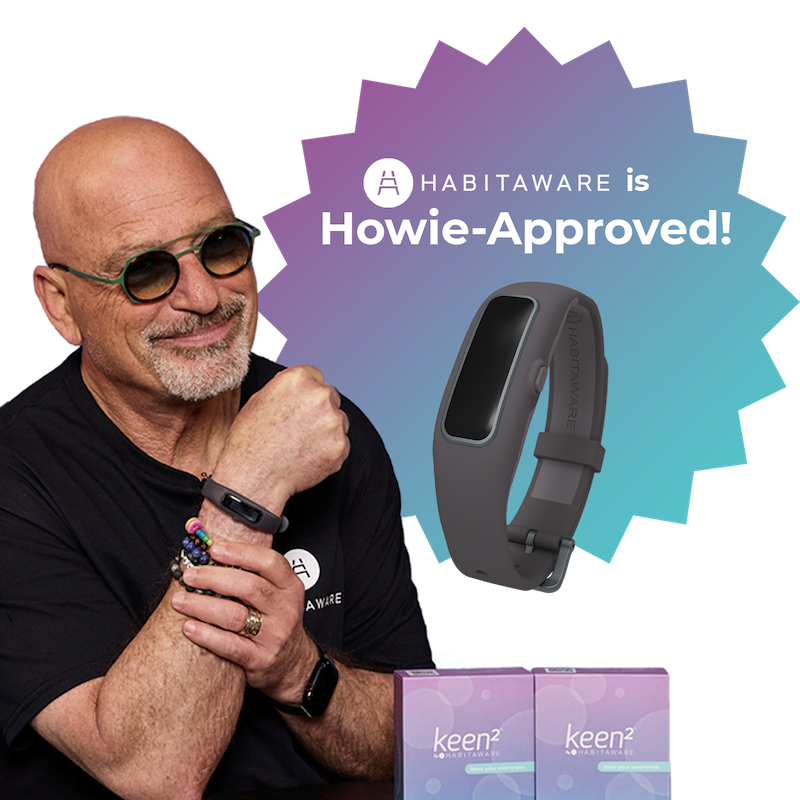I have been pulling out my hair since my early teens as a coping mechanism for stress, bullying and dealing with my father’s battle with leukemia.

From my personal experience of 20+ years as a hair puller, I believe the “cure” to trichotillomania is a combination of acceptance, awareness and replacement.
Before I explain each of these, I want to make clear that NO medical condition has a cure. If they did, they would not be labeled "medical conditions."
Consider cancer – you may go into remission, but there is always a chance it returns. Consider diabetes – you need to learn to manage your diet and sugar levels daily.
I liken trichotillomania to these two medical conditions because of their similarities. Trich is like cancer & diabetes in the sense that it is a disorder that is caused by genetic changes, hormonal changes & even environmental changes and we need to focus on recovery and management, not “stopping” the behavior.
Acceptance, awareness and replacement are the techniques I have found most helpful in taking control of my hair pulling disorder and being in recovery / remission for the last four years, since I started these techniques.
Acceptance:
Acceptance is not about giving up. It is about understanding that this is a disorder in you. It is not going to go away and it is not something that needs to be “fought.” It’s just the opposite. Your trichotillomania is something that needs to be UNDERSTOOD. Only by accepting it’s existence can you start to ask yourself the right questions to begin to understand.
Another part of acceptance is releasing the shame caused by the disorder. I always say “secrets make us sick.” Hiding your hair pulling disorder perpetuates the vicious cycle of shame, embarrassment and fear. If you can accept the disorder and share with someone you love you can break that cycle. By bringing someone you trust into your support circle, you can begin building the strength to face your trichotillomania.
Awareness:
The hardest part of taking control of your trichotillomania is quite simply not knowing when it’s happening. Hair pulling is often a very automatic behavior – trance-like in a sense. Even for those folks that say they are “focused” pullers and “actively deciding” to pull – I question how “in charge” their conscious mind is.
You can’t change what you don’t know is happening. I learned how to solve this issue of awareness.
A few years ago, my husband and two friends started HabitAware & invented Keen, a smart bracelet to help bring awareness to hair pulling (and skin picking and nail biting behaviors).Keen builds your awareness muscles. You train Keen for your specific hair pulling behavior using our mobile app. Think of it like recording your “motion fingerprint” to the bracelet. Then, when Keen senses a match to the motion trained, it sends a gentle vibration. This vibration acts as your “self care alarm” and is a reminder that your hands are not where you want them to be.
Replacement:
Once aware, you now have the CHOICE to engage in healthier behaviors. You need to choose the behaviors that are right for you and your situation. You need to ask yourself and understand WHY you are pulling.For example, when I find myself pulling because I am tired and working late, my replacement is to just go to sleep! Sure, the work will be there in the morning, but so will my hair.
I also find deep breathing, stretching, drinking water and taking short walks to all be helpful replacements when I am at work.Again, trich is a medical disorder. Consider yourself a scientist and experiment with the replacement strategies that work for you. This is called building your tool kit of replacement strategies. Maybe even build a physical tool kit! We call that a "Pause Pouch."

***
So this is my “cure:” to learn to accept, to become aware of and to replace my hair pulling behavior in order to reduce its hold on my thought process & life decisions. I hope you will give these steps a try. Feel free to reach out to me, or the HabitAware blog for support and resources.
wishing you love ![]() , strength
, strength ![]() , & awareness
, & awareness ![]() ,
,
Aneela (HabitAware cofounder in trichotillomania recovery)



